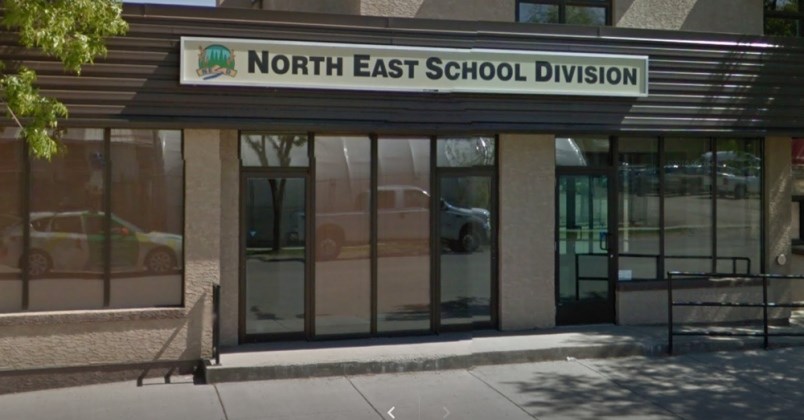NORTHEAST — The North East School Division is running a project looking into small school sustainability in the area.
The project, which is to run until March 2019, has a team is consulting Arborfield School, Bjorkdale School, Gronlid School, Star City School, as well as the school board, school community councils and parents/caregivers.
The approach is attempting define the discover strengths of the schools through a facilitated discussion, determine the preferred future and designing the preferred future.
Don Rempel, the division's director of education, said this was inspired by conversations on the board table and school community councils for school reviews.
“With these last few school reviews we’ve continued to operate the schools so we talked to the community about the programming, what we continued to do, what the bus routes would look like,” Rempel said. “So we continued to have a school operating at the end of the process. So let’s look at it from a strength-based process as opposed to… a threatening or a deficit.”
Rempel said he wants to maintain the operating outcome but not repeating a threatening process of reviews that results in discomfort and confusion from the community.
“We didn’t want to repeat a process that we didn’t feel was very fruitful in the past, so we thought there’s a way we can do this more effectively and have the same outcome,” Rempel said. “We want to have respectful conversations with our communities but we don’t want the cloud of possible school closures hanging over it because then you can’t have these conversations.”
Rempel said a classroom closing has a different impact on small schools as it does with larger schools.
“When you have a large school that has a declining population it just means one less classroom and the parents never see the impact of it but when you get to a certain point when you lose a teacher in a really small school it gets to be a lot of anxiety around that. So, ‘what is the program going to look like, does that mean the school is going to close?’ And we want to say, ‘no, it doesn’t mean that the school is going to close, we’re just going to deliver it differently.’”
According to Luke Perkins, the division's board chair, this is about keeping the small schools operational.
“There’s lots of procedure written and everything on how to close schools but nothing on what we can do to help keep them rolling,” Perkins said.
The fee for the project costs the division $25,750 and includes all consultative services, administrative support, materials, report preparation and travel expenses.
“I think we’re starting with the concept that the school will continue to be there,” Rempel said. “So how can we partner with communities to make sure we have good understandings of what the staffing is going to look like, what the programs are going to look like, and have that conversation about what does the school need to be successful.




